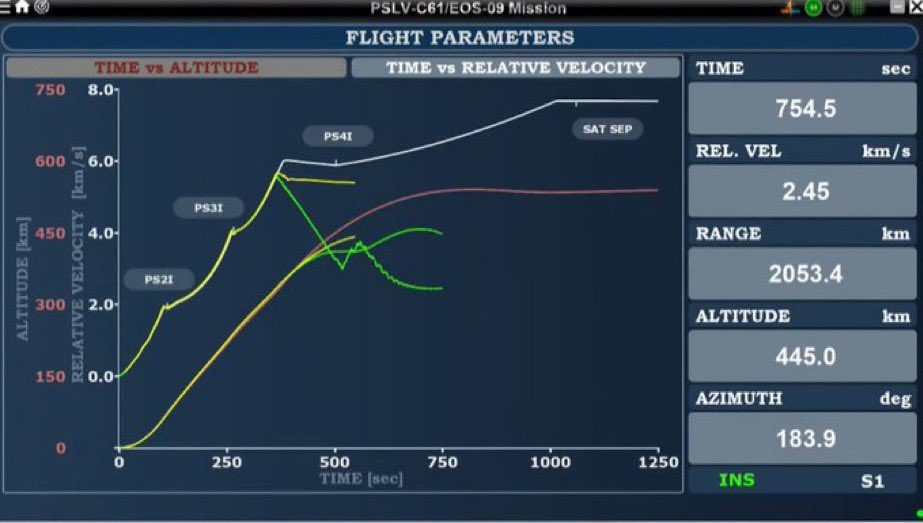While the Parliament of the United Kingdom has now voted, in effect, to stay out of punitive military action against Syrian government’s apparent use of Sarin nerve gas against its own people, some are wondering if this will have an effect on US-UK space relations. The answer is probably not. It has only been recently that the UK has become more involved in the US space programme via its interests in the ESA project to build the Orion crew vehicle’s service module. This will probably be unaffected due to its international civilian nature. Likewise, the planned trip of the UK citizen Major Tim Peake to the International Space Station as an ESA astronaut is still likely to go ahead.
Probably more damaging to future UK-US space cooperation and especially to the UK’s future access to US satellite-derived defenced and intelligence information, was the leak to the UK’s Guardian newspaper by former CIA operative Edward Snowden, that the UK’s monitoring and listening network run by GCHQ had been complicit with the US National Security Agency in using satellite and web-based surveillance systems to monitor the voice and e-mail/communications of both “friendly governments” and also those of US citizens. While this latter revelation is probably viewed by US and UK government security agencies as a necessary act in an era of potential nuclear terrorism, state surveillance of US citizens (especially with the help of foreign powers such as the UK) is against many of the tenets of the US Constitution.
Of more concern to USA and to its civilian and military space programmes, is what Russia will do in the event of a US attack on Syria. Russia is threating to halt the supply of jointly-built Russian RD-180 Liquid Oxygen/Kerosene burning first stage engines that are used by the Atlas V, one of the main two satellite launch vehicles in the US inventory. The crisis also has implications for the future of the International Space Station which currently relies on Russian Soyuz launches for both crew and cargo.
Worse than all of this is if Russia decides to actively help target the Russian-built Yakhont anti-ship missiles of its former ally Syria, whose 300km range needs remote initial targeting to be fully effective. Russian naval reconnaissance and electronic intelligence satellites have traditionally been used in this role.







